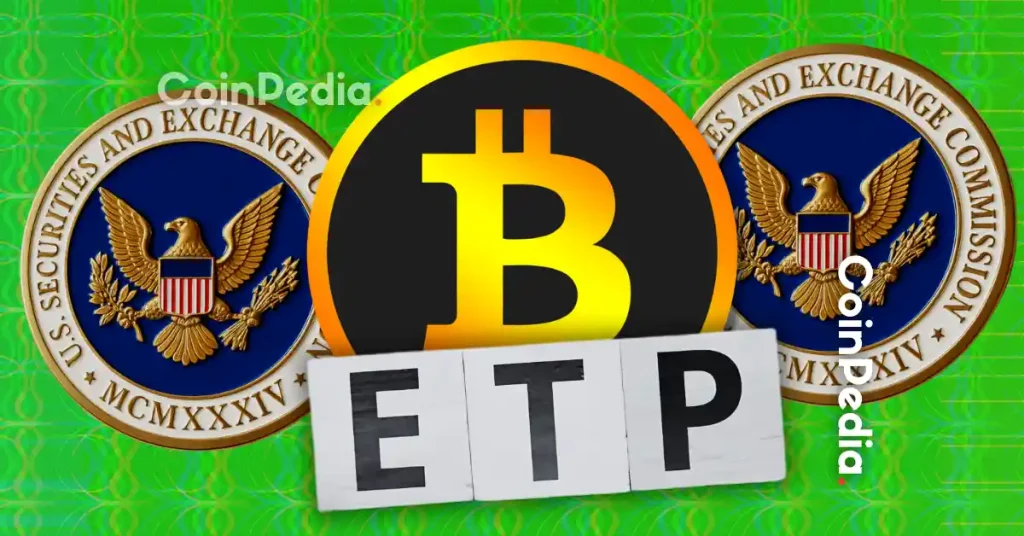Falcon Finance publishes audit report validating USDf reserves
On October 1, Falcon Finance released its first Independent Quarterly Audit Report on USDf Reserves, conducted by audit firm Harris and Trotter LLP. The report confirmed that all USDf tokens in use are backed by reserves that exceed liabilities.
The Independent Assurance report confirmed all reserves were held in segregated accounts on behalf of USDf holders. Harris and Trotter LLP followed the International Standard on Assurance Engagements (ISAE 3000) in conducting the review. Falcom Finance confirmed the sufficiency of reserves in user deposits, collateral valuation, and wallet ownership. The review confirmed that USDf is not fully collateralized but backed by a diversified reserve base designed for resilience.
On the ERC-20 network, the total quantity of the staked Falcon USD (sUSDf) token is limited to 432,820,784 tokens. Today, 4,183 holders or 0.311% of the supply have over 95,527 registered transfers.
Falcon Finance’s Transparency Dashboard indicates that the total reserves are $1.96 billion in USDf and 126.75 million in sUSDf. The protocol backing ratios are 103.87% and 6.46%, respectively. USDf maintains a price of $1 with a circulating supply of 1.89 billion. The sUSDf-to-USDf value is currently $1.0682 with a supply of 729.84 million. The staked version, sUSDf, offers holders an annual dividend of 10.06% to enhance stability and user safety. Falcon Finance has allocated $10 million to an insurance fund.
The current price of Falcon USD (USDf) is $0.9988, a 0.05% decrease from the previous day. The stablecoin’s daily trading volume is $34.67 million, equivalent to 2.12% of its market capitalization of $1.63 billion. On-chain data indicates that there are 17,040 holders and $ 1.63 billion in circulation.
Falcon involves auditors to strengthen transparency
According to Falcon Finance’s Transparency Dashboard, Harris & Trotter LLP will conduct an ISAE 3000 Assurance engagement to examine the reserves as of the end of each quarter. The dashboard shows that HT Digital Ltd will recalculate the weekly reports.
Zellic, a security research firm, released a report on March 7, 2025, that evaluated Falcon Finance’s smart contracts for security vulnerabilities, design problems, and integration hazards from February 11 to February 17, 2025. The evaluation confirmed that USDf tokens are intended to be stored in the StakingRewardsDistributor contract until they are moved to the STAKING_VAULT contract as rewards.
Falcon Finance claimed $1.96 billion in total reserves as of September 22, 2025, and $1,889.326 million tokens in circulation. Stablecoins accounted for $666.599 million, Bitcoin and Wrapped Bitcoin for $1.002 billion. Major altcoins, including Ethereum, accounted for $13.031 million, SOL for $3.328 million, and DOGE for $112.371 million. The other coins accounted for $231.451 million. Falcon Finance noted that market swings could impact asset prices, and valuations were determined using collateral amounts and the previous day’s CoinGecko pricing data.
Andrei Grachev, Founding Partner of Falcon Finance, stated that at Falcon, they are constructing reliable, yield-producing infrastructure that meets the demands of on-chain users and regulators.
Falcon expands ecosystem with $FF token launch
On September 19, 2025, Falcon Finance announced the creation of the FF Foundation and presented the tokenomics structure for its forthcoming $FF token. Falcon marked a significant milestone in the development of transparent and compliant financial infrastructure for institutional and on-chain markets through Falcon Finance.
Falcon Finance stated that its ecosystem’s utility and governance token will be the $FF token. It revealed that holders will have direct control over governance, influencing the development and choices made for the protocol. Holders will also receive benefits, such as yields in USDf, by staking $FF, as announced by the stablecoin provider. Falcon Miles, a program launched by Falcom to reward users for participating in the ecosystem, will be available to runners. The protocol will use structured community awards linked to staking, minting, and other engagement activities to distribute $FF.
Want your project in front of crypto’s top minds? Feature it in our next industry report, where data meets impact.
You May Also Like

Bloomberg’s Eric Balchunas Sees 200 Crypto ETPs by 2026 Amid Market Frenzy

Audrey Tang: Infrastructure has been gradually improved, and Ethereum should focus on application implementation in the next ten years
